Revolutionizing the Road: The Electric Trucks to Watch for in 2025
Introduction
As we approach 2025, the landscape of the automotive industry is undergoing a profound transformation, particularly in the realm of commercial vehicles. With the urgent need for sustainable solutions to combat climate change and reduce reliance on fossil fuels, electric trucks have emerged as a promising alternative to traditional diesel-powered vehicles. This article explores the electric trucks that are set to revolutionize the road in 2025, highlighting their innovative features, technological advancements, and the impact they will have on the logistics and transportation sectors.
The Rise of Electric Trucks
The transition to electric trucks is not merely a trend; it represents a fundamental shift in how goods are transported. As cities become more congested and pollution levels rise, governments around the world are implementing stricter regulations on emissions. This has catalyzed the development of electric trucks, which offer a cleaner, quieter, and more efficient means of transportation.
Electric trucks are powered by batteries, which can be charged through various means, including home charging stations, public charging networks, and even solar energy. The advantages of electric trucks extend beyond environmental benefits; they also promise lower operating costs, reduced maintenance, and the potential for enhanced performance.
Key Players in the Electric Truck Market
Several manufacturers are leading the charge in electric truck innovation, each bringing unique designs and technologies to the table. Some of the most notable players include:
Tesla
Tesla has been a frontrunner in the electric vehicle market with its highly anticipated Tesla Semi. Set for widespread production by 2025, the Tesla Semi boasts impressive specifications, including a range of up to 500 miles on a single charge and the ability to accelerate from 0 to 60 mph in just 20 seconds while fully loaded. The Semi's design focuses on aerodynamics, optimizing energy efficiency and performance. Furthermore, Tesla's extensive Supercharger network promises to make long-distance hauling feasible for electric trucks.
Rivian
Rivian, known for its electric R1T pickup, is also making waves in the commercial vehicle sector with its all-electric delivery vans. Partnering with Amazon, Rivian's delivery vans are set to hit the streets by 2025, enhancing last-mile delivery capabilities. These vans are designed for urban environments, featuring a modular design that maximizes cargo space while maintaining a compact footprint. With a focus on sustainability, Rivian aims to create a zero-emissions delivery solution that can help companies meet their environmental goals.
Ford
Ford is another major player in the electric truck market, with its all-electric F-150 Lightning leading the charge. The Lightning combines the iconic features of the F-150 with cutting-edge electric technology. With a targeted range of over 300 miles and the capability to power tools and equipment on job sites, the F-150 Lightning is poised to appeal to both personal and commercial users. By 2025, Ford plans to expand its electric truck lineup, catering to various sectors, including construction, agriculture, and logistics.
Volvo
Volvo, known for its commitment to safety and sustainability, is also venturing into the electric truck market with its heavy-duty electric trucks. The Volvo FH Electric and Volvo FM Electric are designed for regional transport and urban distribution, featuring a range of approximately 300 miles. These trucks are engineered to handle demanding workloads while minimizing their environmental impact. Volvo is also investing in charging infrastructure to support the adoption of electric trucks in Europe and North America.
Freightliner
Freightliner, a subsidiary of Daimler Trucks, is set to revolutionize the heavy-duty trucking industry with its eCascadia and eM2 models. The eCascadia is designed for long-haul transportation, offering a range of up to 250 miles, while the eM2 targets regional distribution with a range of up to 230 miles. Both models feature advanced driver-assistance systems and smart connectivity, allowing fleet operators to monitor performance and optimize routes. By 2025, Freightliner aims to enhance its electric lineup to meet the growing demand for sustainable transportation solutions.
Features and Benefits of Electric Trucks
Electric trucks come equipped with a variety of features that set them apart from their diesel counterparts. These include:
Lower Operating Costs
One of the most significant advantages of electric trucks is their lower operating costs. Electric vehicles typically have fewer moving parts than internal combustion engine vehicles, resulting in reduced maintenance expenses. Additionally, the cost of electricity is generally lower than diesel fuel, leading to substantial savings over time. Fleet operators can benefit from these savings, making electric trucks an attractive option for businesses looking to reduce their bottom line.
Enhanced Performance
Electric motors provide instant torque, allowing electric trucks to accelerate quickly and efficiently. This results in improved performance, especially in urban environments where stop-and-go traffic is common. Furthermore, electric trucks can often handle heavier payloads without compromising performance, making them suitable for various industries.
Environmental Impact
Electric trucks produce zero tailpipe emissions, significantly reducing air pollution in urban areas. By transitioning to electric vehicles, companies can contribute to cleaner air and a healthier environment. Additionally, many electric trucks can be charged using renewable energy sources, further minimizing their carbon footprint.
Technological Innovations
The future of electric trucks is intertwined with technological advancements. Several innovations are shaping the industry:
Battery Technology
Battery technology is a critical factor in the performance and range of electric trucks. Manufacturers are continually working to improve battery efficiency, energy density, and charging speed. Solid-state batteries, which promise higher energy density and faster charging times, are on the horizon and could revolutionize the electric truck market by 2025.
Autonomous Driving
Autonomous driving technology is also making its way into electric trucks. Companies like Tesla and Waymo are investing heavily in self-driving capabilities, which could enhance safety and efficiency in the logistics sector. By 2025, we may see electric trucks equipped with advanced driver-assistance systems (ADAS) that enable semi-autonomous driving, allowing for safer and more efficient transportation.
Smart Connectivity
Electric trucks are increasingly becoming connected vehicles, equipped with telematics and IoT (Internet of Things) technologies. This connectivity allows fleet operators to monitor vehicle performance, track location, and analyze data to optimize routes and maintenance schedules. By leveraging data analytics, companies can improve efficiency and reduce costs.
Infrastructure Development
The success of electric trucks relies heavily on the development of charging infrastructure. As more electric trucks hit the roads, the demand for fast and accessible charging stations will grow. Governments and private companies are investing in charging networks to ensure that electric trucks have the necessary support for long-distance travel. By 2025, we can expect to see an expansion of charging stations, making it easier for fleet operators to adopt electric vehicles.
Challenges Ahead
Despite the promising future of electric trucks, several challenges must be addressed:
Initial Costs
The upfront cost of electric trucks remains a significant barrier to adoption. While operating costs are lower, the initial investment can deter some businesses from making the switch. As technology advances and production scales up, we can expect prices to decrease, making electric trucks more accessible to a broader range of operators.
Range Anxiety
Range anxiety, or the fear of running out of battery before reaching a charging station, is a concern for many fleet operators. While the range of electric trucks is steadily improving, it may still not match the long-distance capabilities of diesel trucks. Continued advancements in battery technology and the expansion of charging infrastructure will be essential to alleviate these concerns.
Job Displacement
The rise of electric and autonomous trucks may lead to job displacement in the trucking industry. While new jobs in technology and infrastructure development may emerge, there are concerns about the impact on traditional trucking jobs. Addressing these workforce challenges will be crucial as the industry evolves.
The Road Ahead
As we look toward 2025, the electric truck market is poised for significant growth and innovation. With major manufacturers investing in electric technology and the urgent need for sustainable transportation solutions, we can expect to see electric trucks playing a pivotal role in the logistics and transportation sectors. The advancements in battery technology, autonomous driving, and smart connectivity will redefine the trucking industry, making it more efficient, environmentally friendly, and economically viable.
Conclusion
In conclusion, the electric trucks of 2025 are not just vehicles; they represent a revolution in transportation. With industry leaders like Tesla, Rivian, Ford, Volvo, and Freightliner paving the way, the future of electric trucks looks promising. As these trucks hit the roads, they will not only transform the logistics landscape but also contribute to a cleaner, more sustainable future. The road ahead may be challenging, but the potential benefits of electric trucks are undeniable, making them a key player in the fight against climate change and the push for a greener planet.
Explore
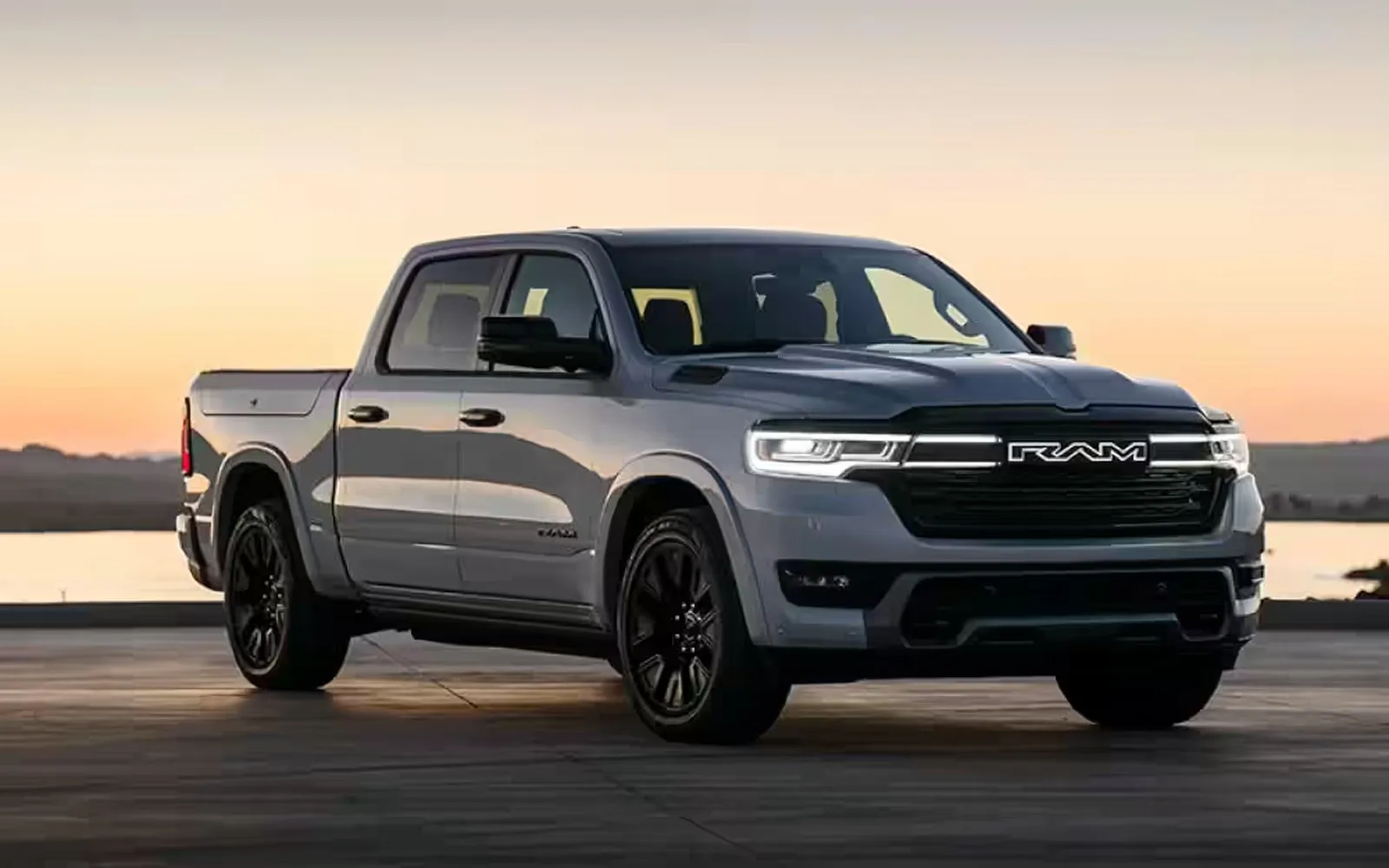
2025 Electric Pickup Trucks: Revolutionizing the Future of Eco-Friendly Hauling
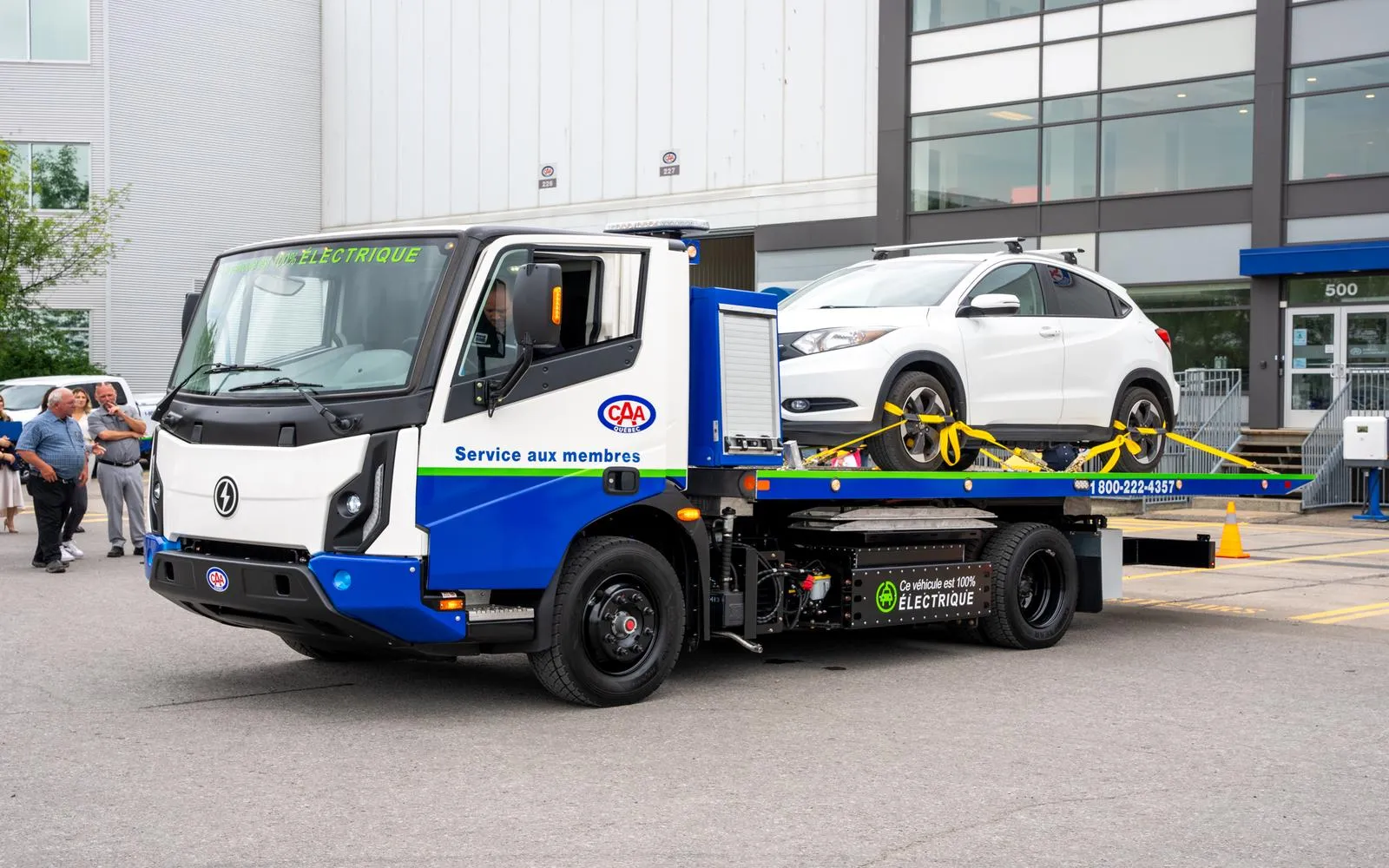
2025 Electric Trucks for Towing: The Future of Heavy-Duty Hauling
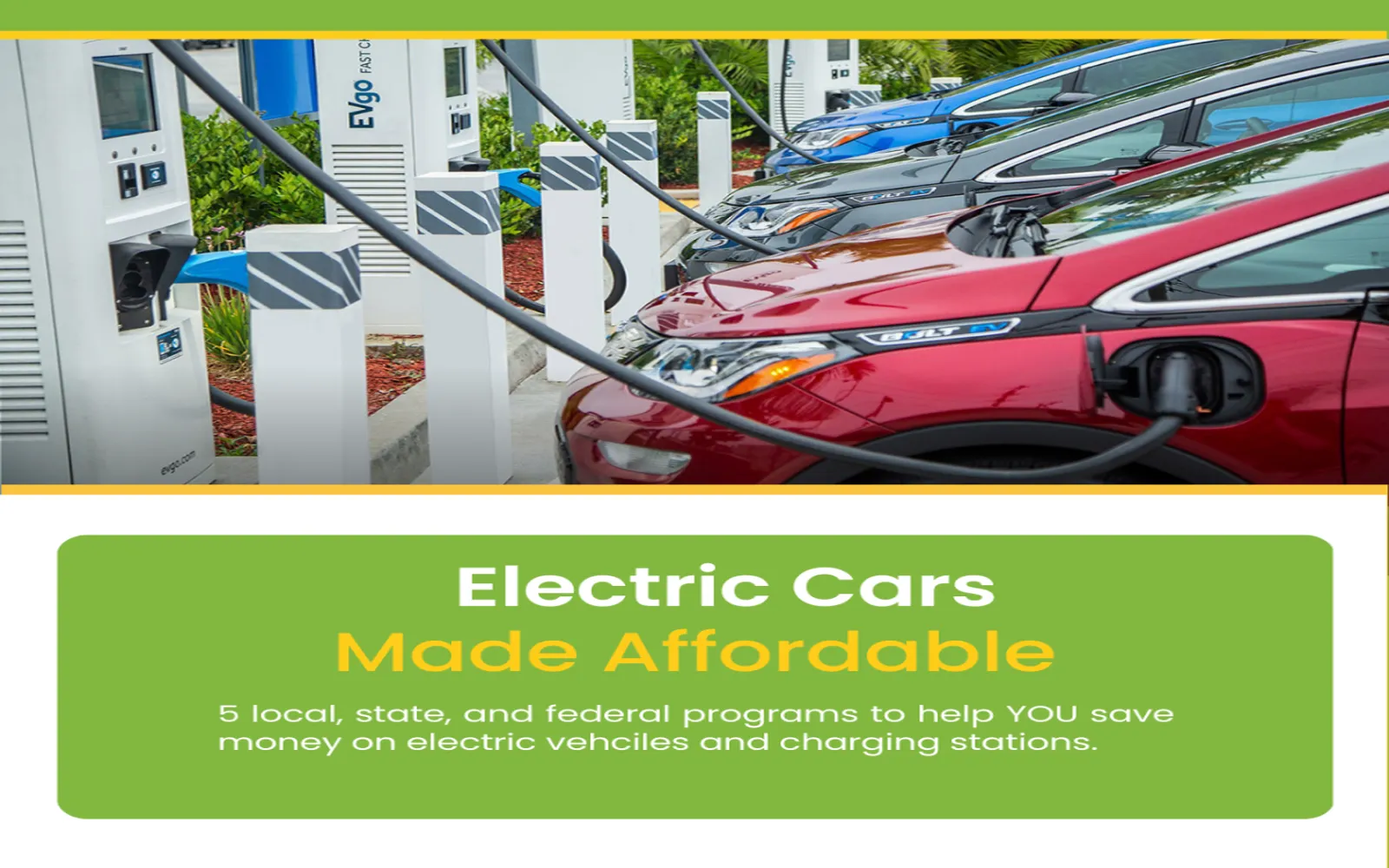
Maximize Your Savings: Electric Car Incentives to Watch for in 2025

Unlocking the Road to Ownership: Your Ultimate Guide to Auto Financing

Used Trucks to Consider in 2025: Your Ultimate Buying Guide
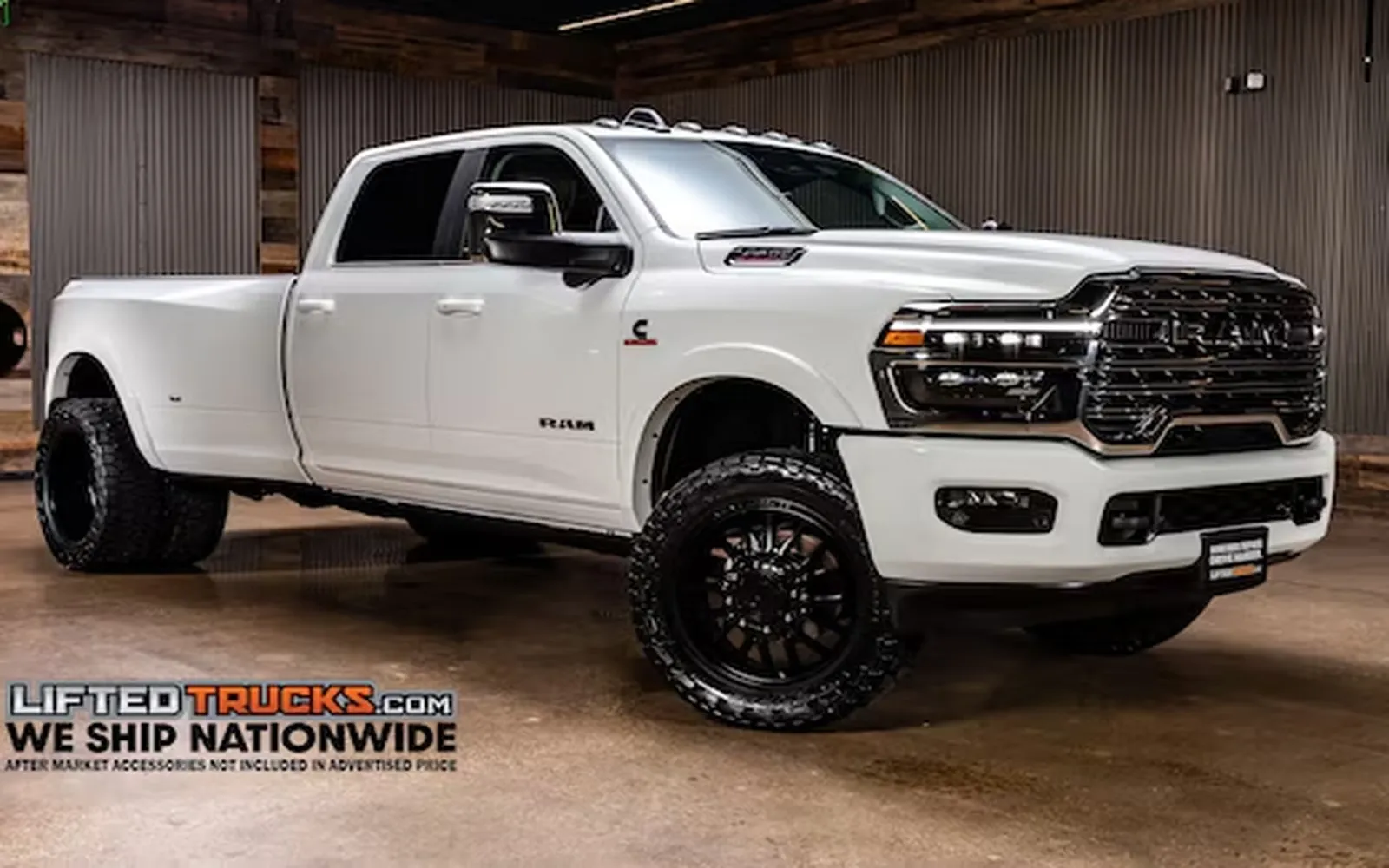
Diesel Trucks of 2025: Performance, Innovation, and Sustainability Trends

2025 Guide to Buying Used Diesel Trucks for Sale: Best Deals & Tips
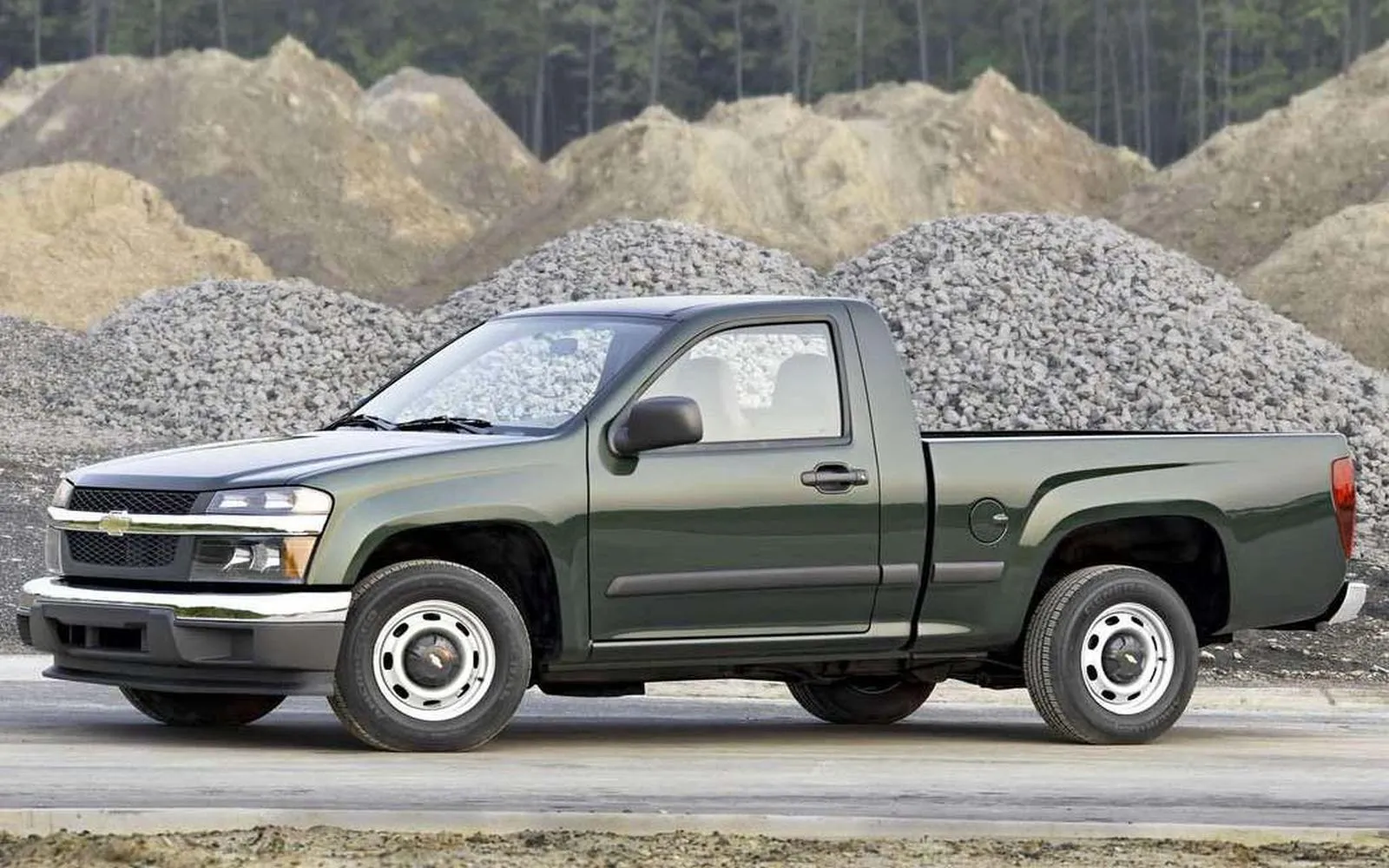
10 Used Pickup Trucks to Buy in 2025: Your Ultimate Guide to Reliability and Value
